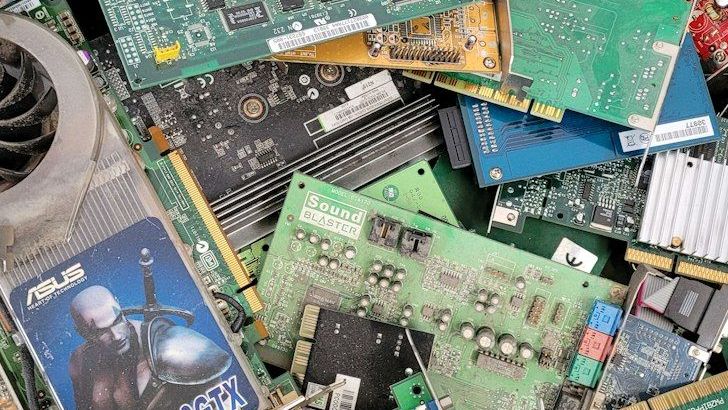
A Public Speaking Nightmare Comes True (Image Credits: Pixabay)
Under the glow of spotlights in a packed auditorium, the neuroscientist paused, her mind drawing a sudden blank amid the hum of anticipation.
A Public Speaking Nightmare Comes True
Picture this: you’re midway through sharing your passion with 800 eager faces, and poof – your next words evaporate. That’s exactly what hit Anne-Laure Le Cunff during her TEDx talk on emotional intelligence. As a neuroscientist who studies how our brains process feelings, she knew the science behind such freezes all too well. Yet, in that instant, theory collided with reality.
These moments test us deeply. They expose vulnerabilities we hide behind preparation and practice. For Le Cunff, it wasn’t just a slip; it became a live demonstration of the very concepts she aimed to teach.
Meet the Mind Behind the Moment
Anne-Laure Le Cunff isn’t your average stage speaker. She runs Ness Labs, a platform blending neuroscience with productivity tips for creators and thinkers. Her work dives into how emotions shape our daily grind, from focus to creativity. Before that TEDx stage, she’d built a reputation for clear, insightful breakdowns of brain science.
What sets her apart? She practices what she preaches. Le Cunff often shares tools for managing mental overload, drawing from her research on dopamine and decision-making. That background made her freeze all the more ironic – and ultimately, instructive.
The Freeze: Breaking Down What Went Wrong
Halfway in, as she explained the “rule of awkward silence” in conversations, Le Cunff’s train of thought derailed. Nerves, perhaps mixed with the weight of the topic, triggered a classic brain glitch. Our minds, wired for survival, sometimes hit overload under pressure, short-circuiting recall.
She stood there for what felt like ages, the audience shifting slightly. No cue cards, no quick escape. In neuroscience terms, her prefrontal cortex – the brain’s planning hub – likely took a brief timeout, leaving her in a vulnerable spotlight.
Her Spot-On Recovery Play
Instead of panicking or forcing words, Le Cunff embraced the pause. She turned to the audience with a simple admission: “I’ve just blanked out.” That raw honesty flipped the script. Rather than crumbling, she wove the mishap into her message, showing how awkward silences can build connection.
The crowd leaned in, captivated. Her calm pivot highlighted emotional smarts in action – acknowledging discomfort without shame. By the end, applause erupted, not just for the content, but for the authentic humanity on display.
Key Lessons for Anyone Facing the Spotlight
This wasn’t luck; it stemmed from her expertise. Le Cunff later reflected on using silence as a tool, not a foe. For speakers everywhere, her approach offers a blueprint: prepare mentally, but stay flexible. When glitches hit, own them – they humanize you.
Consider these practical takeaways from her experience:
- Breathe deeply to reset your neural pathways mid-freeze.
- Acknowledge the moment aloud to diffuse tension and engage listeners.
- Tie the slip back to your core message for a stronger finish.
- Practice under simulated stress to build resilience.
- Remember, audiences root for realness over perfection.
Why Her Story Sparks Inspiration
Le Cunff’s talk went viral for good reason. It reminds us that even experts stumble, yet recovery defines the moment. In a world obsessed with flawless performances, her grace cuts through the facade. Neuroscientists like her show brains aren’t machines; they’re adaptable wonders.
Stories like this ripple out, encouraging others to face fears head-on. They prove vulnerability can amplify impact, turning potential disasters into defining triumphs.
Turning Setbacks into Strengths
At its core, Le Cunff’s episode underscores a timeless truth: our biggest hurdles often reveal our best selves. Whether on stage or in daily challenges, handling the unexpected with poise builds lasting connections. Her TEDx moment lingers as a beacon for imperfect progress.
What would you do in a similar spot? Share your thoughts in the comments below.
Key Takeaways
- Embrace pauses – they’re opportunities, not failures.
- Authenticity trumps polish every time.
- Brain science backs recovery: your mind rebounds stronger with practice.





